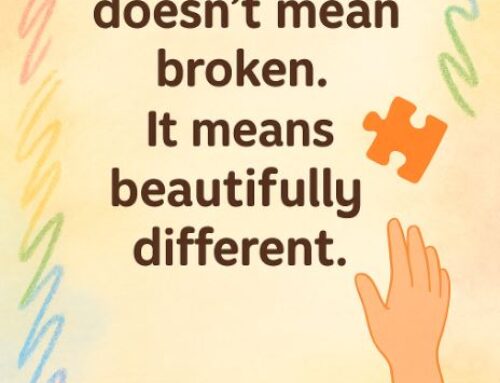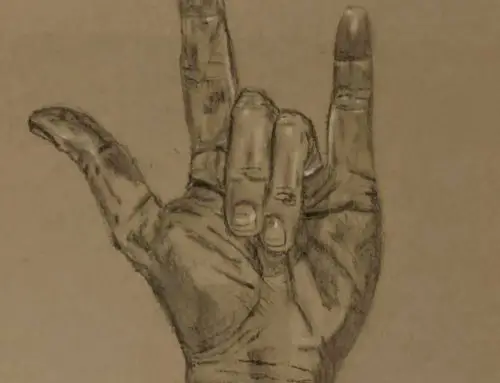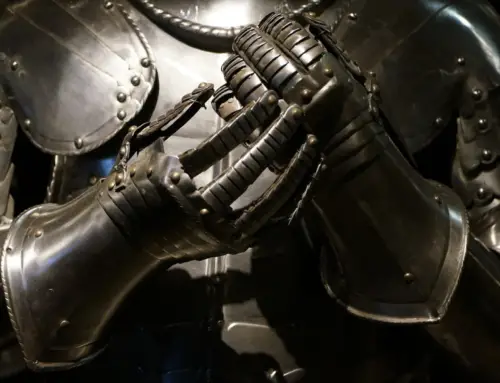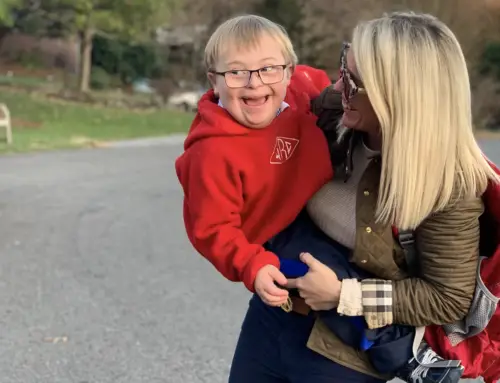When Grasshopper was first diagnosed with autism we were relieved to finally have some answers. The diagnosis meant we had answers as to what was behind behaviors he displayed. Before my world was opened to the world of raising children with special needs I was pretty oblivious to autism itself, let alone the signs of autism. In hindsight, knowing what I know now, there were signs early on in Grasshopper’s life that pointed to autism.
Lack of Awareness Lead to Missed Signs of Autism
I am not a doctor, therapist, or have any educational background in the medical profession. But, I am a mom that has spent hours researching. In all my learning, I have become aware of some early signs in Grasshopper’s behaviors that pointed to autism that I simply overlooked.
For the longest time, I chalked up some quirky behaviors to so many other things. Some I chalked up to being a little boy. Other’s I chalked up to being sensitive, or still learning motor control. However, in time I realized that he didn’t just have a couple of behaviors that set him apart but that there were a lot of pieces that ended up adding up to autism.
The following is a list of those signs that I missed. Please note, that if your child is only displaying one or two of these behaviors I wouldn’t be too alarmed. If you’re noticing several of these signs, hopefully, it will help you put the pieces together.

Signs of Autism I Missed
- As an infant, Grasshopper wasn’t very interactive when we tried to play with him. He would much rather wiggle around to watch the TV.
- He would also gently hit his head with the back of his hand as a baby.
- His speech was delayed. At 18 months he wasn’t speaking yet and we started speech therapy. He didn’t need the speech therapy for very long before he began talking and this was no longer a concern.
- As a toddler, he still wasn’t interactive. We noticed he wouldn’t play with toys in the way they were intended. Rather, he would carry them around and place them in the house where he wanted them.
- At bedtime, he had stuffed toys that needed to be placed in their “spot”. He didn’t play with these toys, but they needed to be in the right place before he would go to bed.
- He didn’t like when plans changed. A sudden change in plans would be difficult for him and he struggled with adjusting in these moments.
- Because of his summer birthday, we had decided to hold him back a year and wait to begin kindergarten when he turned six. His preschool teacher agreed and made a comment that he could use another year to gain social skills. In hindsight, I should have asked what she meant or if she had noticed some red flags. But, I didn’t know any better at the time.
- He displayed intense emotions that came from out of nowhere.
- He was very literal. Catching onto light-hearted teasing or the concept of knock-knock jokes does not come easily to him.
- We noticed his imaginary play wasn’t really imaginary. Rather than using his imagination to make things up, he was really just reenacting what he had seen in a movie or book.
- Now, he shows excessive talking and being obsessed over a certain topic. He lacks the ability to switch what he’s talking about to follow a conversation with others. Rather than picking up on cues that the subject is being changed, he continues to go right back to whatever topic he was discussing.
- Once he began kindergarten his behaviors became extreme. This was the point in time we realized there was something different with our son. I believe the overstimulation that came with being in a school setting caused more extreme behaviors such as banging his head on tables and floors, running from the classroom and having a lot of anger and anxiety over going to school
Are You Noticing Signs of Autism?
If you’ve been noticing several of these signs (or others) that have you wondering if your child has autism, I would encourage you to seek out answers. Remember, a diagnosis will only help your child.
Being my son’s autism is on the high functioning end of the spectrum, these signs went unnoticed for a long time. Grasshopper was diagnosed shortly before his ninth birthday. The doctor explained to me that it isn’t uncommon for children to get to later elementary years to be diagnosed if they are on the high functioning end of the spectrum because this is when the differences become more apparent.
I’m saying this to let you know that if your child is older and you’re seeing these signs, their age shouldn’t play a factor in your choice to seek out an evaluation. Also, don’t feel guilty for missing these things. It’s so easy to look over many of these symptoms, and sometimes it just takes putting them all together to realize that your child may have autism.







Leave A Comment